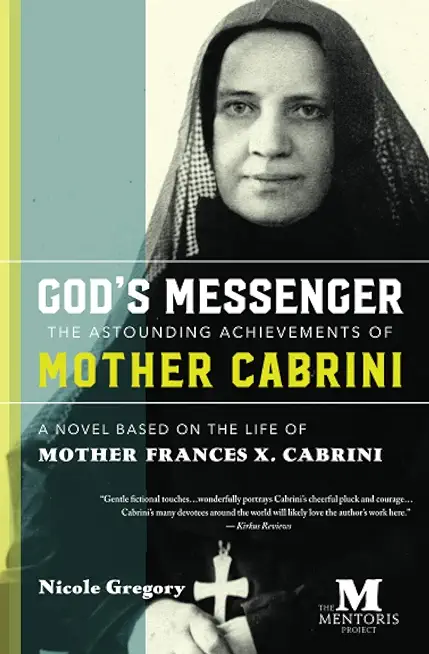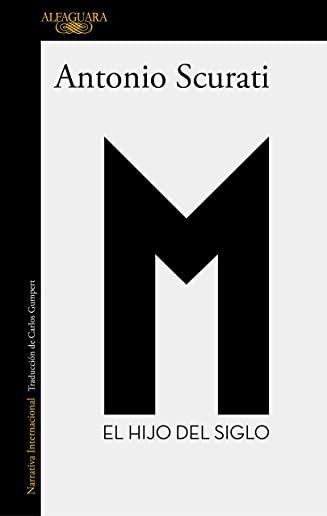
description
d Bonnett.
« Hasta dónde puede llegar la literatura? En este libro dedicado a la vida y la muerte de su hijo Daniel, Piedad Bonnett alcanza con las palabras los lugares más extremos de la existencia. La naturalidad y la extrañeza conviven en sus páginas igual que en su mirada conviven la sequedad de la inteligencia y el latido más intenso de la emoción. Buscar respuestas es sólo un modo de hacerse preguntas, de negociar con las preguntas, de saber cuántas preguntas caben en una obsesión. Es también una forma de seguir cuidando al hijo más allá de la muerte, de defenderlo contra el frío, comprarle ropa nueva, preguntarle por los estudios y por su arte. Aunque no haya ningún sobre en la habitación, todo suicidio es una carta a los seres que se dejan en la vida. El dolor, el amor, los recuerdos, las imaginaciones, los sentimientos de culpa, la conciencia de haber ayudado y la certeza de la enfermedad se mezclan en nuestros ojos al leer esa carta y nos interpelan sobre nuestra propia realidad. Piedad Bonnett ha vivido el duelo en compañía de la literatura. Toda la lucidez y toda la emoción pudorosa que han caracterizado su poesía y su narrativa se condensan aquí. La gran literatura convierte la historia personal en una experiencia humana colectiva. Por eso este libro habla de la fragilidad de cualquier vida, de cualquier mundo en el que pueden desaparecer los oficios y las artes, de cualquier estado que pretenda engañarnos con su estabilidad. Habla también de la necesidad de seguir viviendo . -Luis García Montero ENGLISH DESCRIPTION A moving testimonial by Piedad Bonnett.
"How far can literature take us? In this book dedicated to the life and death of her son, Daniel, Piedad Bonnett successfully uses words to reach the extremes of our existence. Affability and strangeness coexist in its pages, along with detached intelligence, and the most intense emotions. Looking for answers is just a way of asking questions, of negotiating with words, of knowing how many words fits inside an obsession. For Bonnett, it is also a way of continuing to care for her son beyond the grave, of sheltering him from cold, buying him new clothes, asking him about his schoolwork and his art. Even if no note is left behind, every suicide is a letter to the ones left behind. Grief, love, memories, fantasies, guilt, the knowledge of having helped, and the weight of illness, all come into play in our reading of this letter and color our own reality. Piedad Bonnett has lived through this pain in the company of literature. The clarity and emotion that characterize her poems and prose find expression here. Great literature turns personal stories into a collective human experience, and so this book acknowledges the fragility of all life, of artistic production and careers, of any state we try to convince ourselves is permanent. But it also stresses the need to keep living."-Luis García Montero
« Hasta dónde puede llegar la literatura? En este libro dedicado a la vida y la muerte de su hijo Daniel, Piedad Bonnett alcanza con las palabras los lugares más extremos de la existencia. La naturalidad y la extrañeza conviven en sus páginas igual que en su mirada conviven la sequedad de la inteligencia y el latido más intenso de la emoción. Buscar respuestas es sólo un modo de hacerse preguntas, de negociar con las preguntas, de saber cuántas preguntas caben en una obsesión. Es también una forma de seguir cuidando al hijo más allá de la muerte, de defenderlo contra el frío, comprarle ropa nueva, preguntarle por los estudios y por su arte. Aunque no haya ningún sobre en la habitación, todo suicidio es una carta a los seres que se dejan en la vida. El dolor, el amor, los recuerdos, las imaginaciones, los sentimientos de culpa, la conciencia de haber ayudado y la certeza de la enfermedad se mezclan en nuestros ojos al leer esa carta y nos interpelan sobre nuestra propia realidad. Piedad Bonnett ha vivido el duelo en compañía de la literatura. Toda la lucidez y toda la emoción pudorosa que han caracterizado su poesía y su narrativa se condensan aquí. La gran literatura convierte la historia personal en una experiencia humana colectiva. Por eso este libro habla de la fragilidad de cualquier vida, de cualquier mundo en el que pueden desaparecer los oficios y las artes, de cualquier estado que pretenda engañarnos con su estabilidad. Habla también de la necesidad de seguir viviendo . -Luis García Montero ENGLISH DESCRIPTION A moving testimonial by Piedad Bonnett.
"How far can literature take us? In this book dedicated to the life and death of her son, Daniel, Piedad Bonnett successfully uses words to reach the extremes of our existence. Affability and strangeness coexist in its pages, along with detached intelligence, and the most intense emotions. Looking for answers is just a way of asking questions, of negotiating with words, of knowing how many words fits inside an obsession. For Bonnett, it is also a way of continuing to care for her son beyond the grave, of sheltering him from cold, buying him new clothes, asking him about his schoolwork and his art. Even if no note is left behind, every suicide is a letter to the ones left behind. Grief, love, memories, fantasies, guilt, the knowledge of having helped, and the weight of illness, all come into play in our reading of this letter and color our own reality. Piedad Bonnett has lived through this pain in the company of literature. The clarity and emotion that characterize her poems and prose find expression here. Great literature turns personal stories into a collective human experience, and so this book acknowledges the fragility of all life, of artistic production and careers, of any state we try to convince ourselves is permanent. But it also stresses the need to keep living."-Luis García Montero
member goods
No member items were found under this heading.
Return Policy
All sales are final
Shipping
No special shipping considerations available.
Shipping fees determined at checkout.







